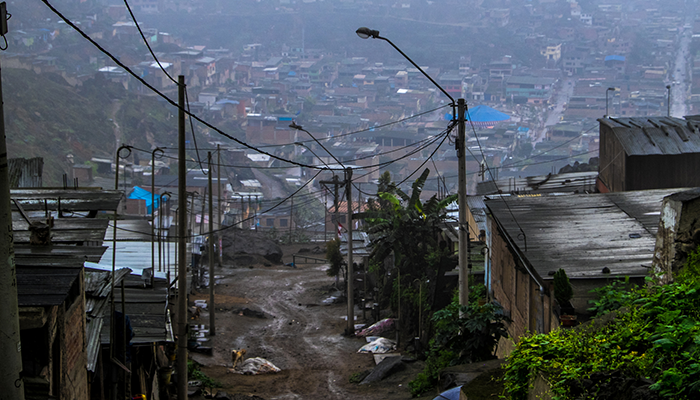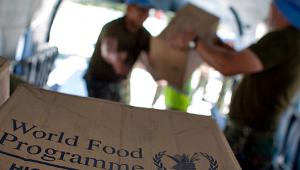web_poverty_in_latin_america_istock-637998148.png

Image © iStock
These countries, the majority of which have high poverty levels, need global efforts to protect their ability to spend on social services to avoid growing suffering, the UN agency said.
The growing cost of servicing debt in developing countries threatens their development prospects and risks “a lost generation” if spending on other areas continues to suffer, a report by the UN agency said.
“Children living in countries with high debt burdens and limited resources for social protection, education and health are unlikely to ever break free from poverty and deprivation,” said Henrietta Fore, UNICEF executive director.
“The personal and public costs are enormous, leaving children, their communities and their countries with little hope for sustainable economic and social development.”
Before Covid-19, some countries including Chad, Gambia, Haiti and South Sudan, were spending at least three times on debt than on these social services, the report claimed.
UNICEF said just one in three eligible countries has so far participated in the G20 Debt Service Suspension Initiative, which covers April 2020 to July 2021.
The report claimed the global response to the debt crisis is “too small”, not covering debt to private lenders, which particularly leaves middle-income countries exposed.
Amid these conditions, indebted countries have cut spending on education since the onset of Covid-19 while health and social protection spending have remained the same as in previous years, it said.
“The pandemic has caused a global education catastrophe that desperately needs addressing to avoid the Covid-19 generation from becoming a lost generation,” said Fore.
“Comprehensive debt relief and restructuring is essential to ensure a recovery that is both inclusive and sustainable so that children do not bear the double burden of reduced social services now and increased debt in the future.”
This week, the International Monetary Fund extended a further $238m of debt relief for low-income countries, saying the move will free up resources for health, social and economic support during the pandemic.
UN secretary-general António Guterres also recently warned of a “lost decade” for development, if debt relief was not extended to highly indebted poor countries.
He said without action by the international community, the 2030 deadline for meeting the sustainable development goals would be “definitively out of reach”.













